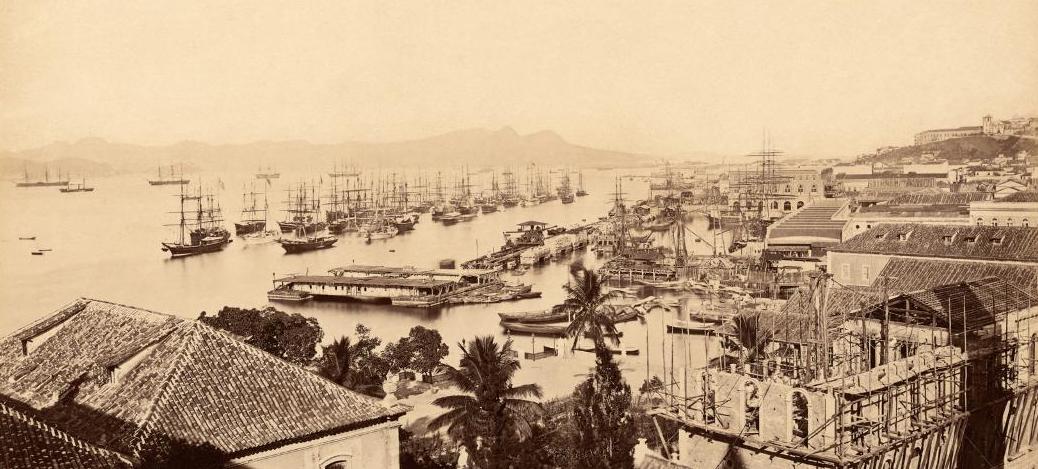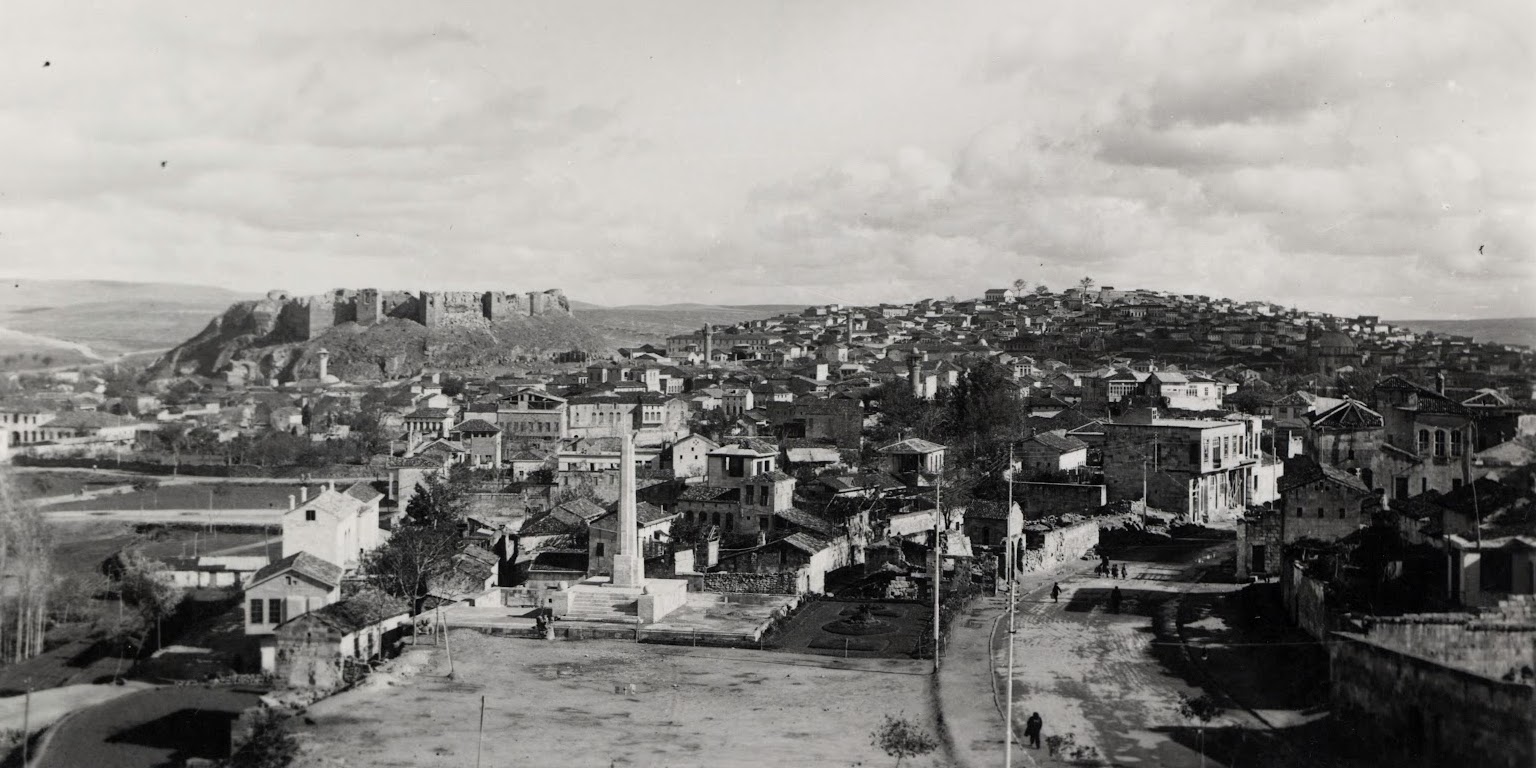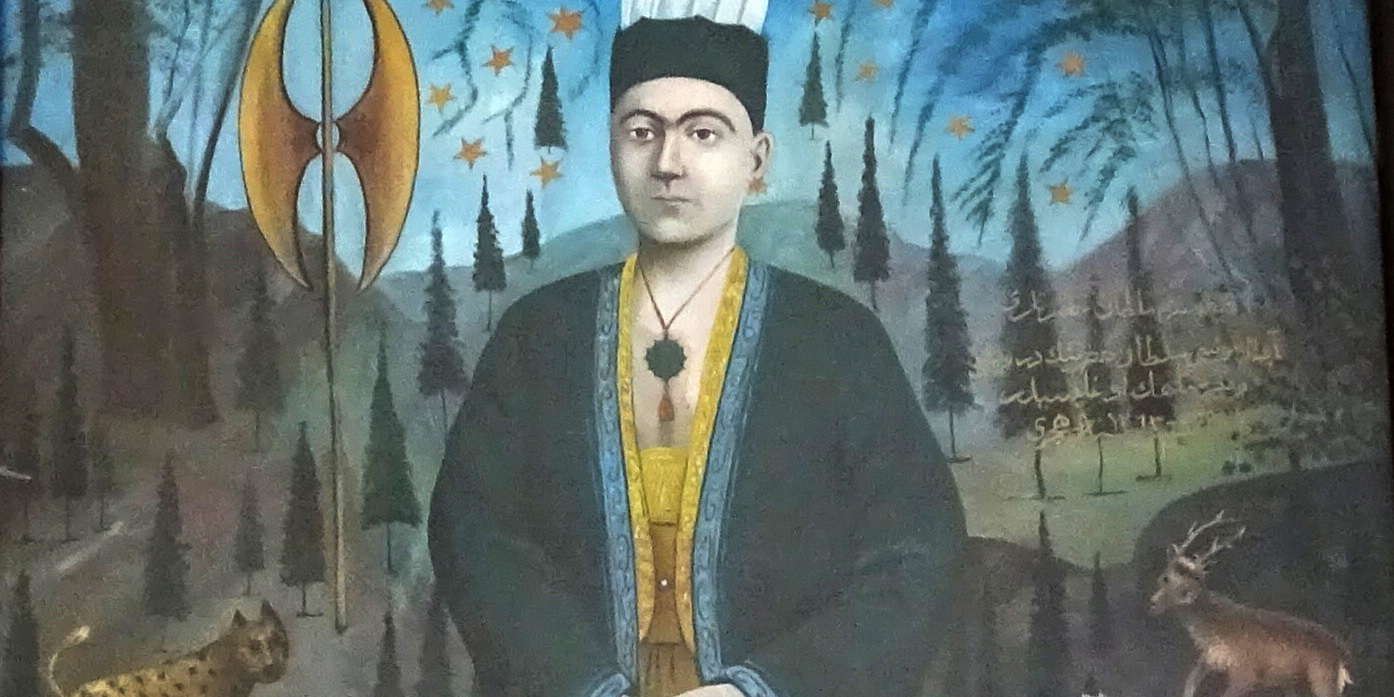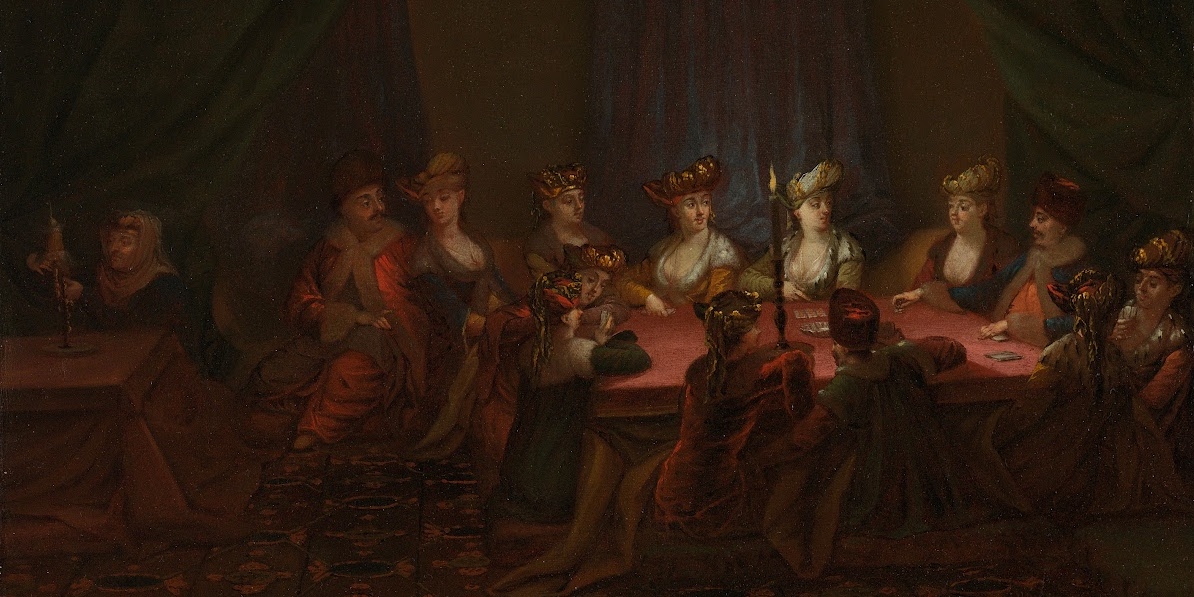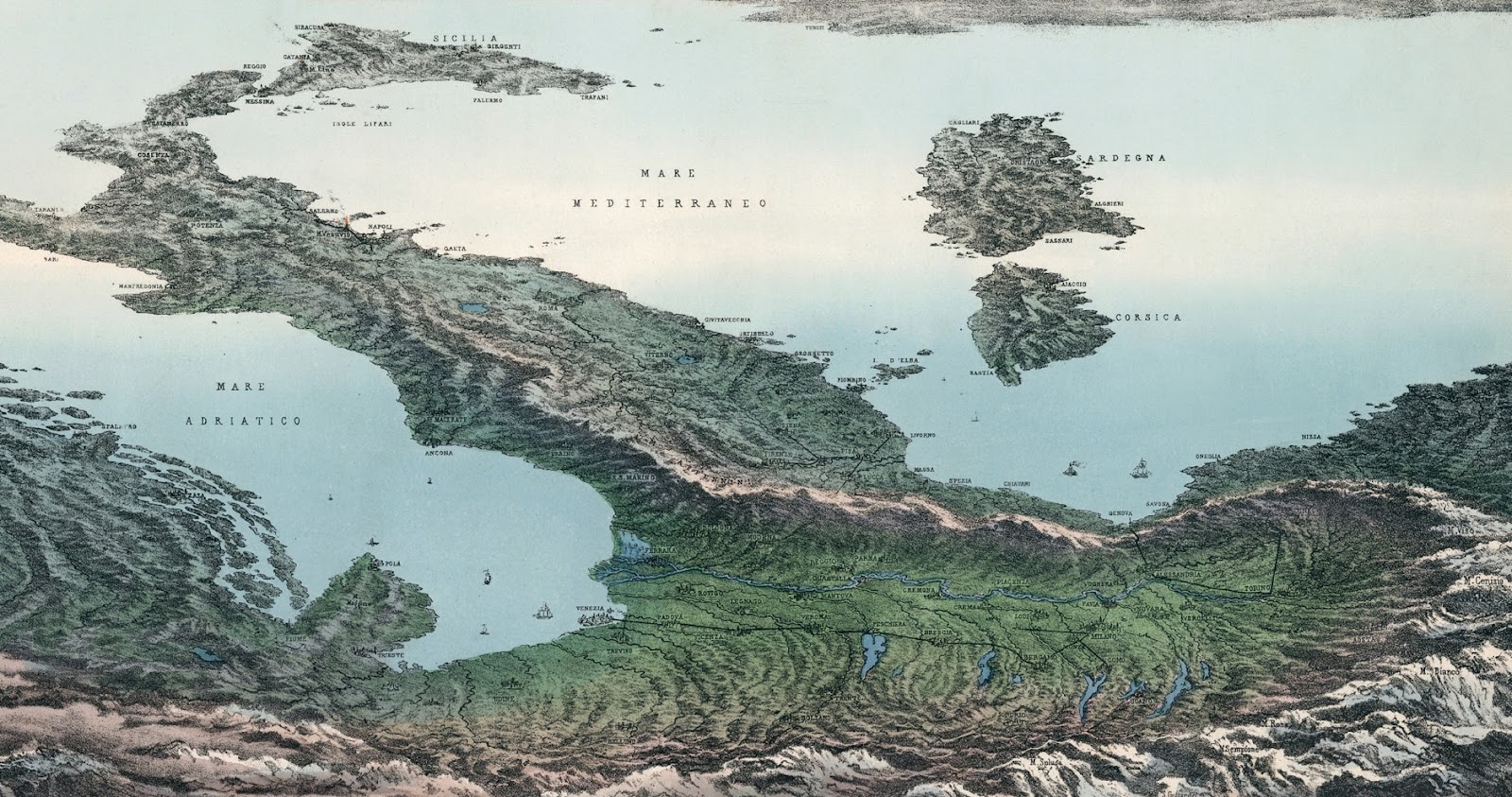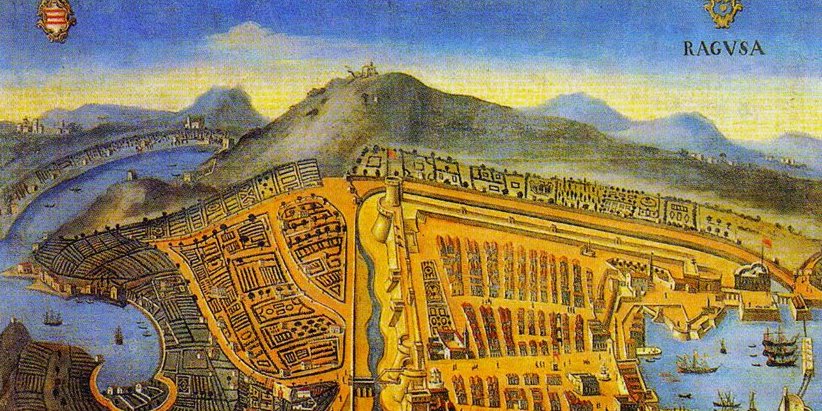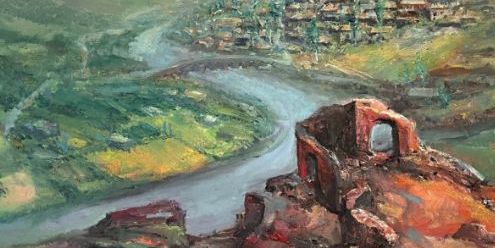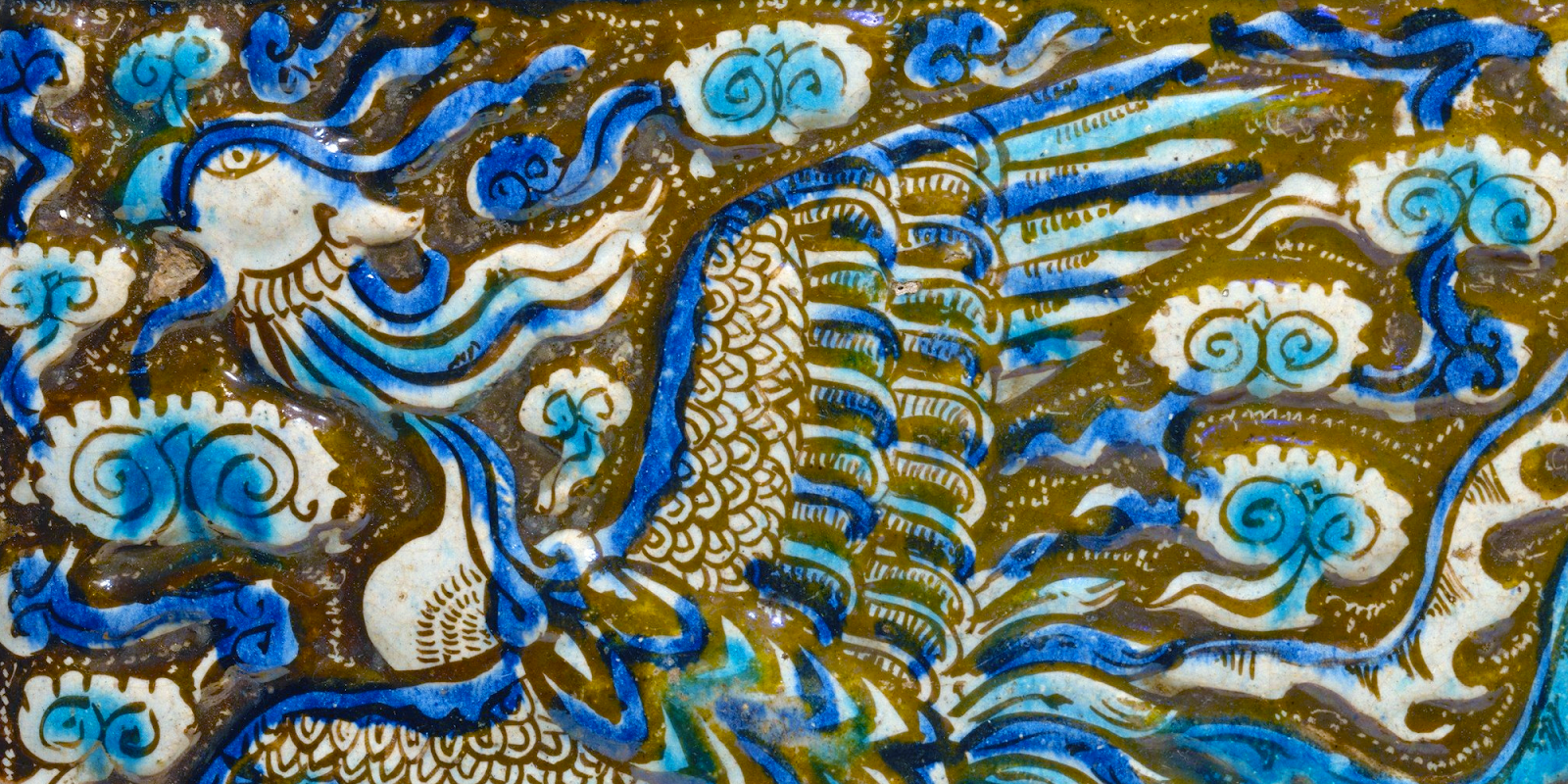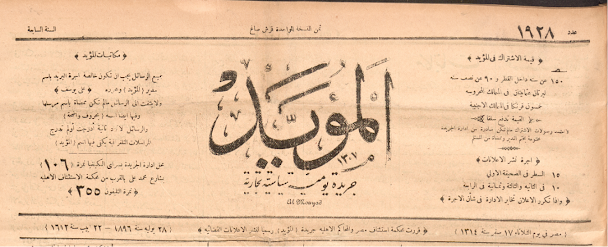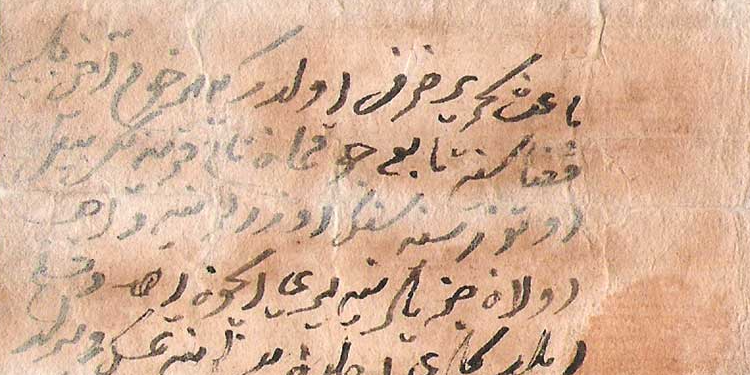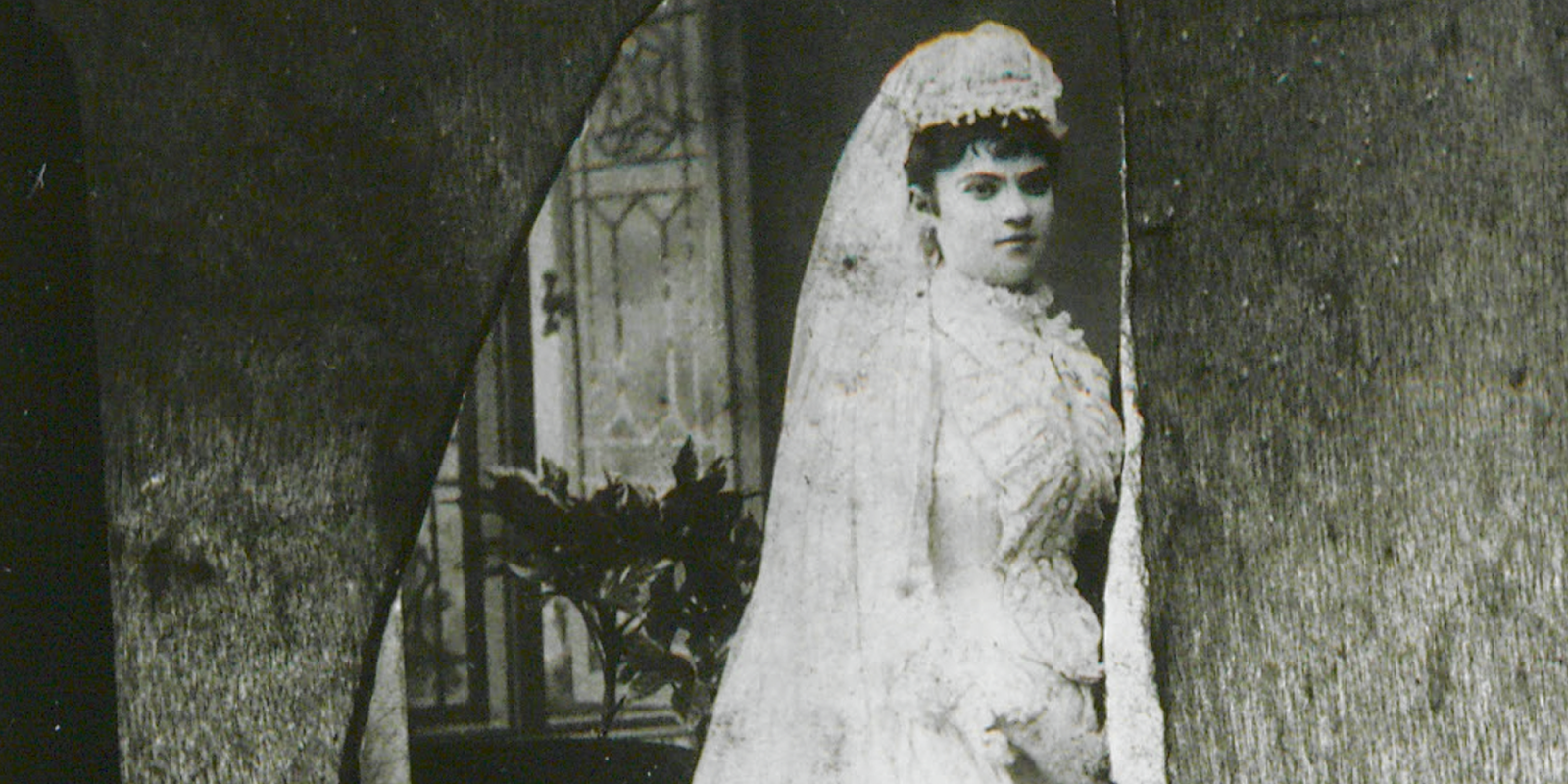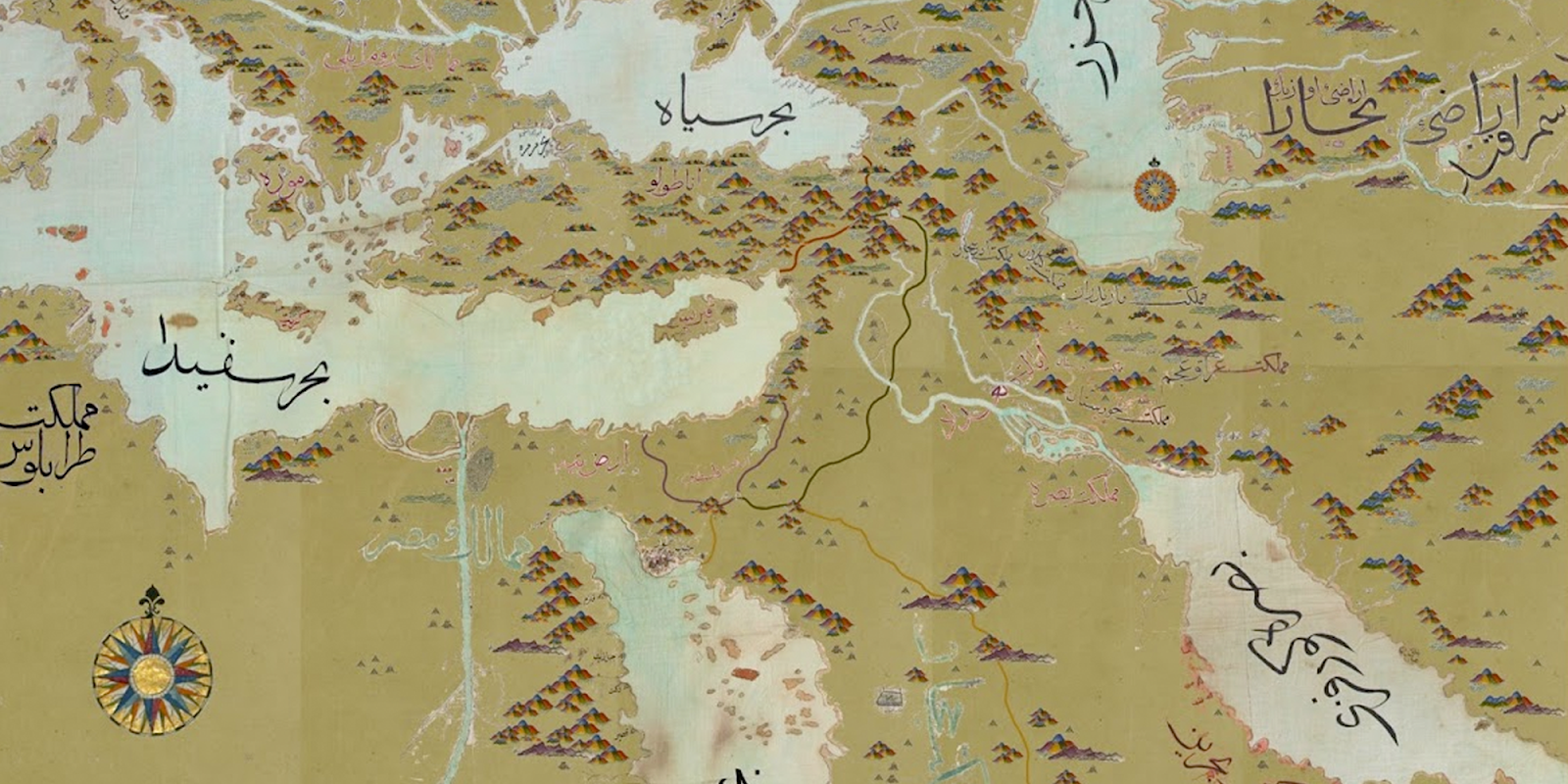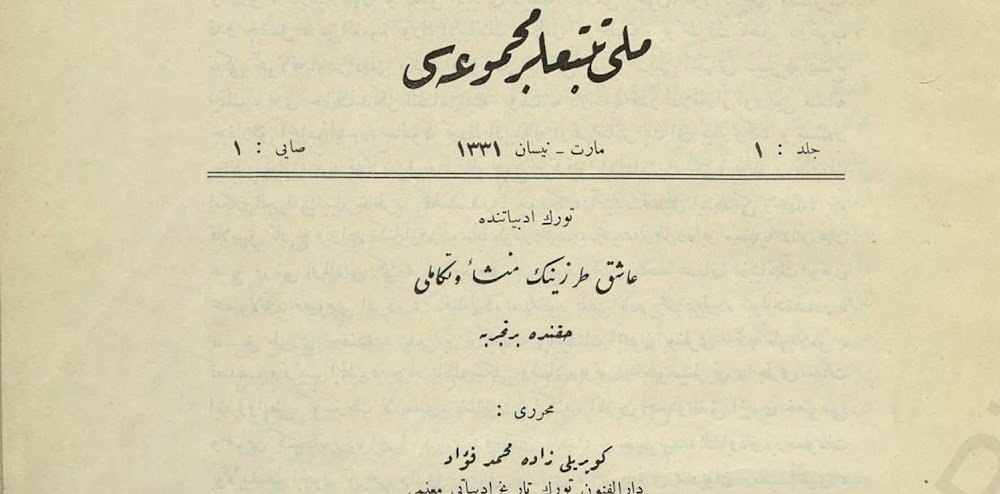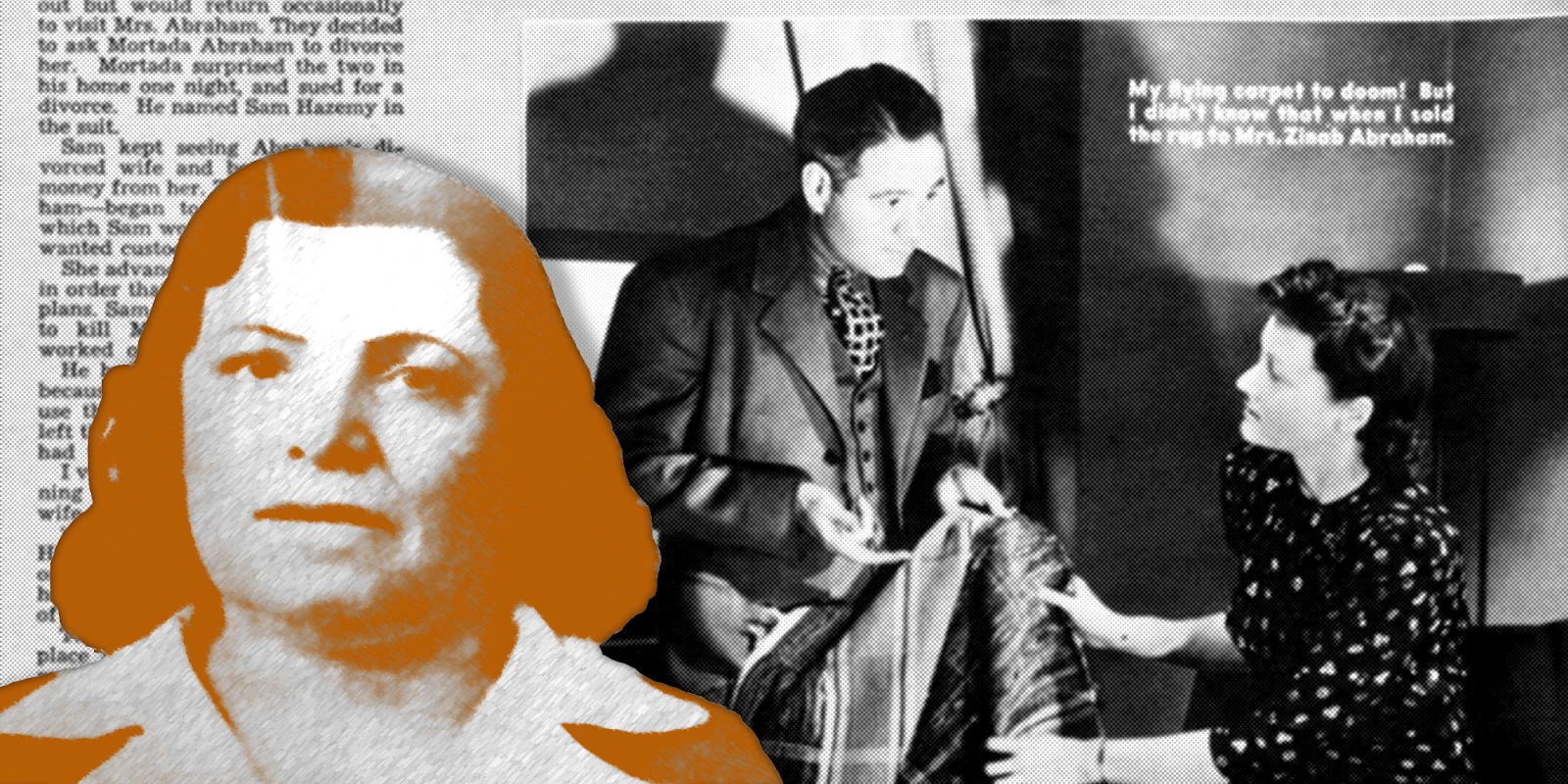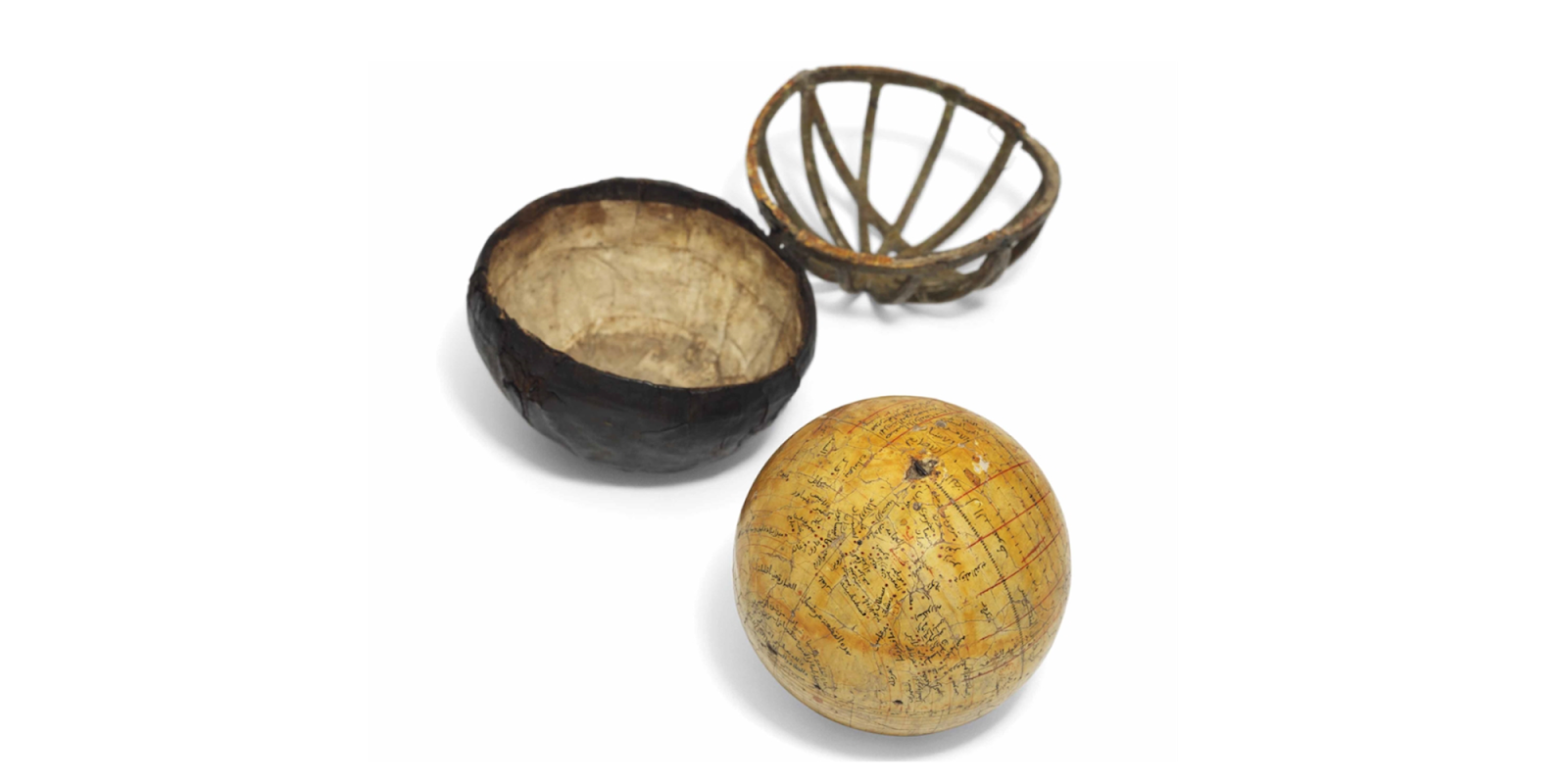A Confederate General in the Ottoman Capital
with Elizabeth Varon hosted by Chris Gratien | After the US Civil War, some leaders of the defeated Confederacy followed unusual trajectories, perhaps none more so than James Longstreet, who joined the Republican party to become a proponent of Southern Reconstruction and for a brief period, the Minister Resident to the Ottoman Empire. In this episode, we talk to Elizabeth Varon, author of a new biography of Longstreet, about the rebel-turned-diplomat's brief tenure in the Ottoman capital during the early years of Sultan Abdul Hamid II's reign, and we discuss what Longstreet's experiences reveal about America on the world stage in the shadow of the Civil War and Reconstruction. We also discuss Prof. Varon's personal connection to post-Ottoman Istanbul, as well as her new research about Clara Barton, founder of the American Red Cross, who followed in Longstreet's footsteps some years later on a humanitarian mission to the Ottoman Armenians in Anatolia....
















